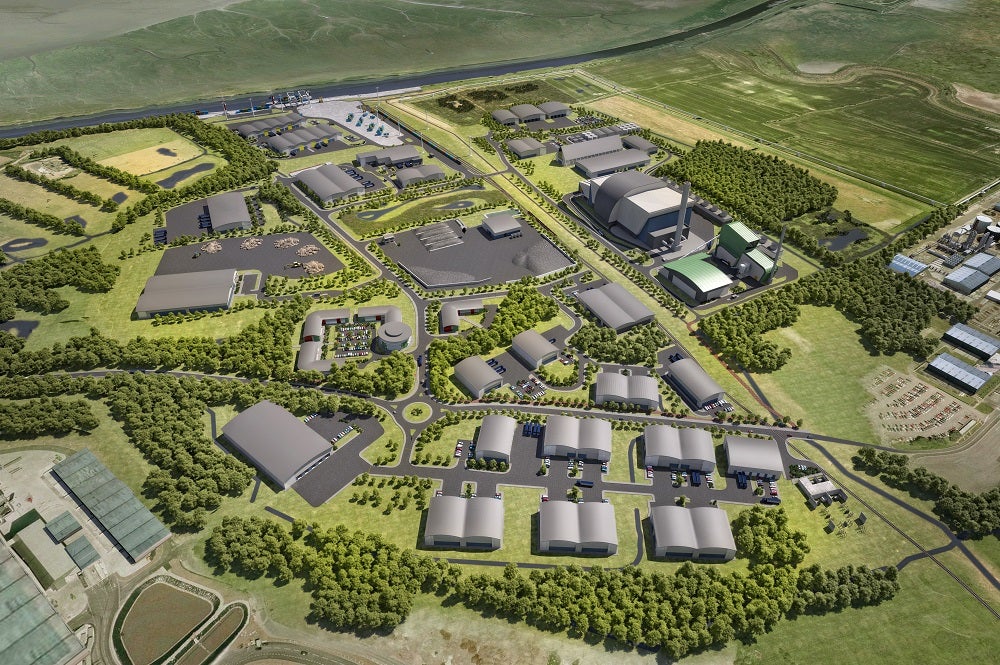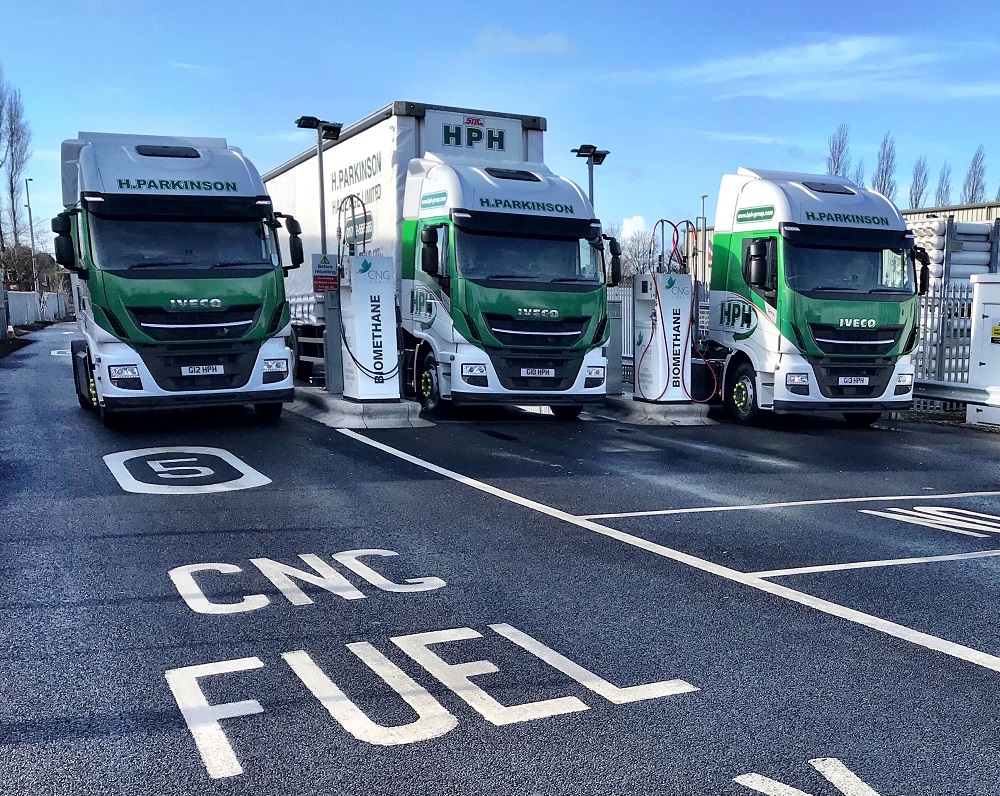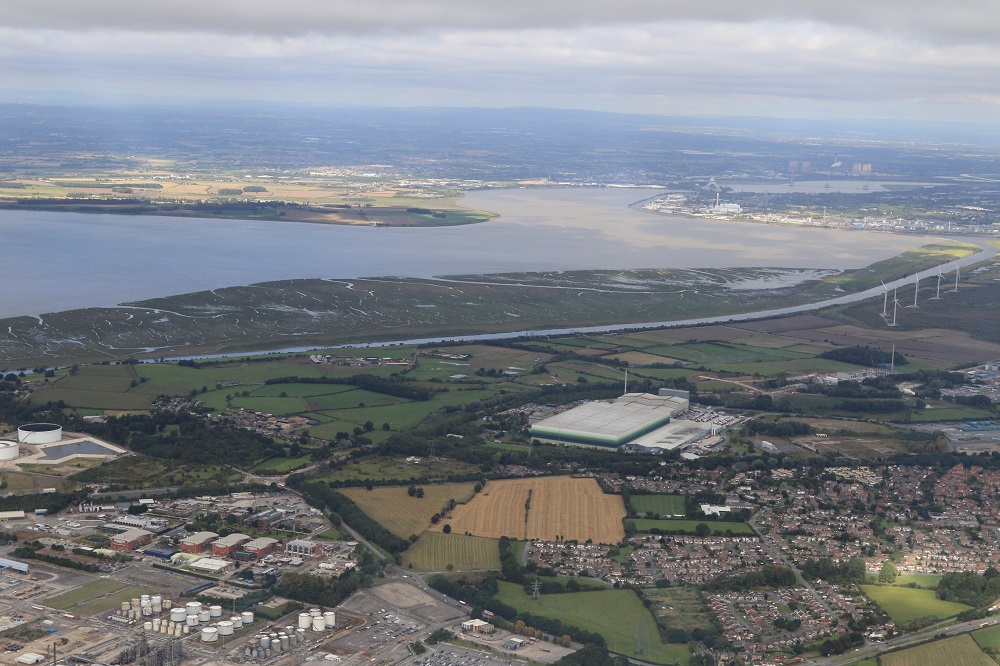
Plans to build the UK’s first large-scale waste-to-fuel facility at Peel Environmental’s Protos site near Ellesmere Port in Cheshire have been approved.
Developed by clean energy company Progressive Energy, the £150m ($193m) project will generate renewable gas from up to 175,000 tonnes of unrecyclable wood and fuel derived from various types of commercial waste.
Gas from the site will be used in the transport sector, and could produce enough fuel to power 1,000 low-carbon heavy goods vehicles and buses a year.
The facility is part of the Peel Environmental-owned 54-acre Protos site, which aims to become a hub for innovative companies developing environmentally friendly clean energy solutions.
Progressive Energy director Chris Manson-Whitton said: “Decarbonising the transport sector is going to be critical if we’ve any chance of reaching net zero emissions by 2050.
“We’re still hugely reliant on fossil fuels in the sector which, together with heat, accounts for around three-quarters of UK energy consumption.
“Today’s decision is a huge step forward to providing a reliable and renewable gas for transport fleets across the North West and beyond.
“This is just the first of many BioSNG plants that could be built across the country, helping to transform our transport sector and make a huge contribution to tackling climate change.”
Waste-to-transport fuel part of the north-west’s bid to become UK’s first low-carbon cluster by 2030
Alongside transport fuel, the Bio-Substitute Natural Gas (BioSNG) produced at the plant could become a viable replacement for regular domestic and business supplies.
BioSNG can be injected into the existing gas network, providing Protos with the opportunity to export fuel across the UK without the need for any road movements.
The plant could also be configured to produce renewable hydrogen, potentially linking into plans to build a network in the region.
Peel Environmental development manager Jayne Hennessy said: “This is another example of how Cheshire is leading the way on the clean growth agenda.
“Decarbonising the region, and safeguarding industry and jobs, is going to require many innovative solutions.

“Progressive Energy’s ground-breaking project will be a great fit for Protos where we’re clustering together low-carbon energy generation to drive down the cost of clean energy and attract new businesses, jobs and investment.”
The Protos site sits within Cheshire’s Energy Innovation District, set-up to create a local energy system providing both cost savings and a reduction in greenhouse gas emissions.
It is part of the North West’s bid to become the UK’s first low-carbon area by 2030.
Earlier this year the North West Business Leadership Team, a group bringing together businesses in the area to deliver sustainable prosperity for the region, set-up the North West Energy and Hydrogen Cluster in order to meet this challenge.
Cheshire Energy Hub chair Ged Barlow said: “We’re looking at how low-carbon energy generated at places like Protos could be provided directly to users in the Ellesmere Port area.
“It’s great to see Cheshire West & Chester Council back this ground-breaking project within the Energy Innovation District, that really demonstrates how this region is rising to the decarbonisation challenge.”
Construction on the Progressive Energy site is due to start later next year, with production commencing in 2022.
Eight similar facilities are expected to be built across the UK during the coming decade.
Plans to open plastic-to-hydrogen power facility
As part of the Protos project to develop renewable power, Peel Environmental, alongside energy-from-waste business Waste2Tricity, have submitted plans to develop a plant to convert waste plastics into hydrogen.
The proposed £7m ($8.6m) project would use what the firms describe as a UK-first advanced thermal treatment technology developed by energy recovery system manufacturer PowerHouse Energy.

If successful, the development would see a further 14 permanent jobs at the site, with more than 100 created during its construction.






